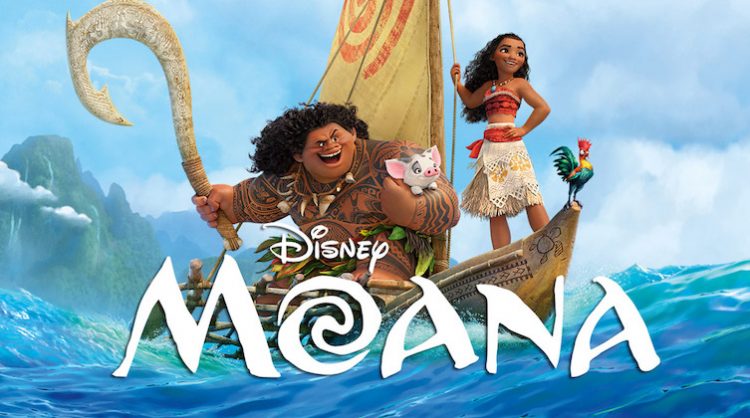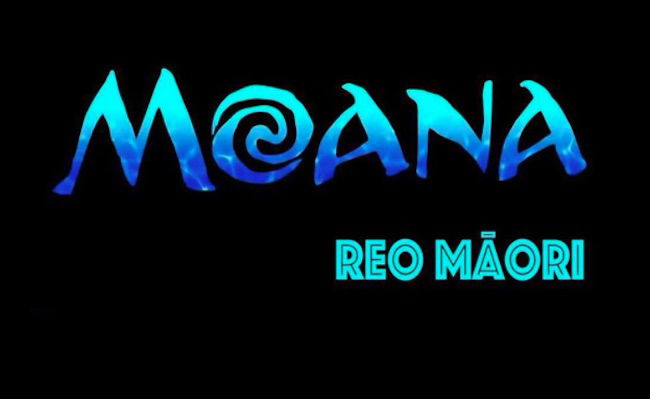For some, Moana was a big step towards better representation of indigenous people in mainstream media, but some argued that, too often, indigenous people’s stories are placed in the past, before colonialism. One step in bringing indigenous culture to the present is the new showings of Moana in New Zealand, fully dubbed in Maori.
From September 11th to the 17th, various theaters in New Zealand showed a newly dubbed version of the Disney film to further celebrate Maori culture and heritage, free of charge. They hoped that by translating the film, it would encourage the next generation to pick up the language, which is slowly fading out of use. Take Waititi, director of Thor: Ragnorak who worked on the film, approached the company early on about a Maori translation, and his sister, Tweedie Waititi, ended up producing it. It was so popular that every showing of the film sold out in 30 minutes.
For the new translation, some of the voices remained the same, thanks to Disney’s push to cast actors with indigenous heritage in the film. Rachel House, Temuera Morrison, and Jermaine Clement reprised their roles as Tala, Chief Tui, and Tamatoa, respectively, as well as other minor cast members. House also served as the film’s performance director. For Moana, 16-year-old Jaedyn Randell was chosen out of the over 250 auditions sent in, while Maui was played by Maori television newsreader Piripi Taylor, whose kids begged him to audition.
The translation is slated for a November DVD release, and some are even wondering if the film can be translated into Hawaiian for similar reasons. It makes sense to translate a story about a people into their own languages, not only as a means of staying true to the characters, but true to the spirit of sharing these stories worldwide.



